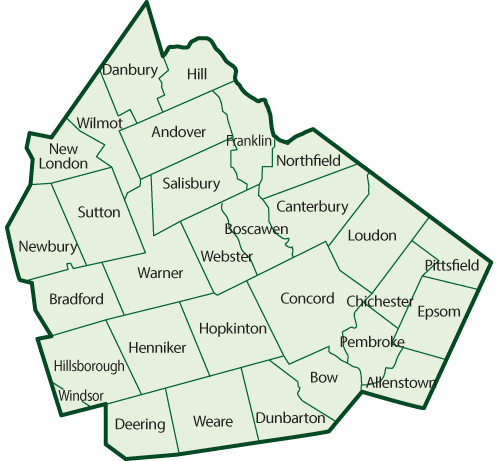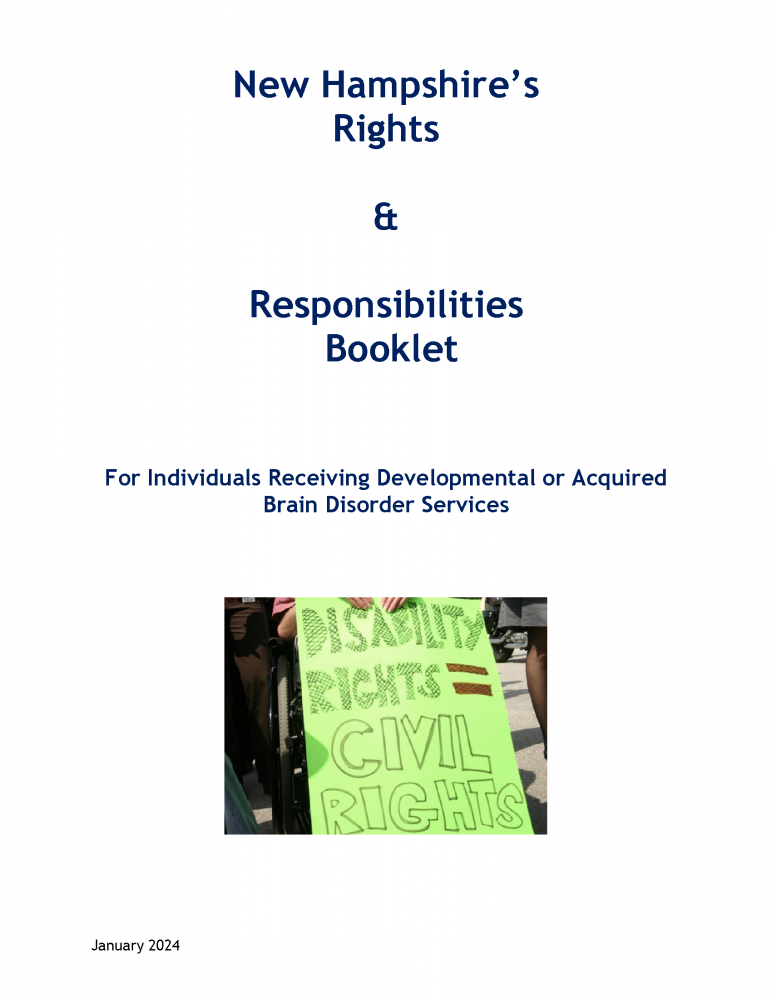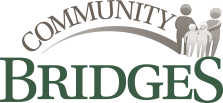Connecting Individuals with Disabilities to their Communities
Individuals with disabilities and their families work with Community Bridges to manage their unique challenges, maneuver the obstacles, and thrive in their communities.
For over 35 years, Community Bridges has provided the tools and support to individuals with disabilities so they become welcomed and active contributors to our community, making it a better place for everyone! 
Our individual approach is focused on creating the best life possible for every individual we serve. From early childhood through all phases of life, people experiencing developmental disabilities or injuries have an advocate and caring partner to help them utilize their skills and talents to live a productive and rewarding life that they choose for themselves.
Our Service Area
Allenstown, Andover, Boscawen, Bow, Bradford, Canterbury, Chichester, Concord, Danbury, Deering, Dunbarton, Epsom, Franklin, Henniker, Hill, Hillsborough, Hopkinton, Loudon, Newbury, New London, Northfield, Pembroke, Pittsfield, Salisbury, Sutton, Warner, Weare, Webster, Wilmot, Windsor
 New Hampshire’s Rights and Responsibilities Booklet for Supported Community Members
New Hampshire’s Rights and Responsibilities Booklet for Supported Community Members

Best of 603
Happening Now!
Community Bridges will once again be in the running for Best Nonprofit and Best Place to Work. Click the link below to cast your vote, follow us on social media, and tell your friends to vote, too! You can vote every day until July 5. The more you vote, the closer we are to winning.
Last year, we won bronze- this year, we are going for gold!
https://www.votethe603.com/CommunityBridges

System Redesign
The Bureau of Developmental Services recently gave an update on the progress of the service delivery system redesign. Below are the presentation slides:
Presentation to the Statewide Family Support Council
Thank you for voting Community Bridges as the Best of 603
Non-profit!
.png)
